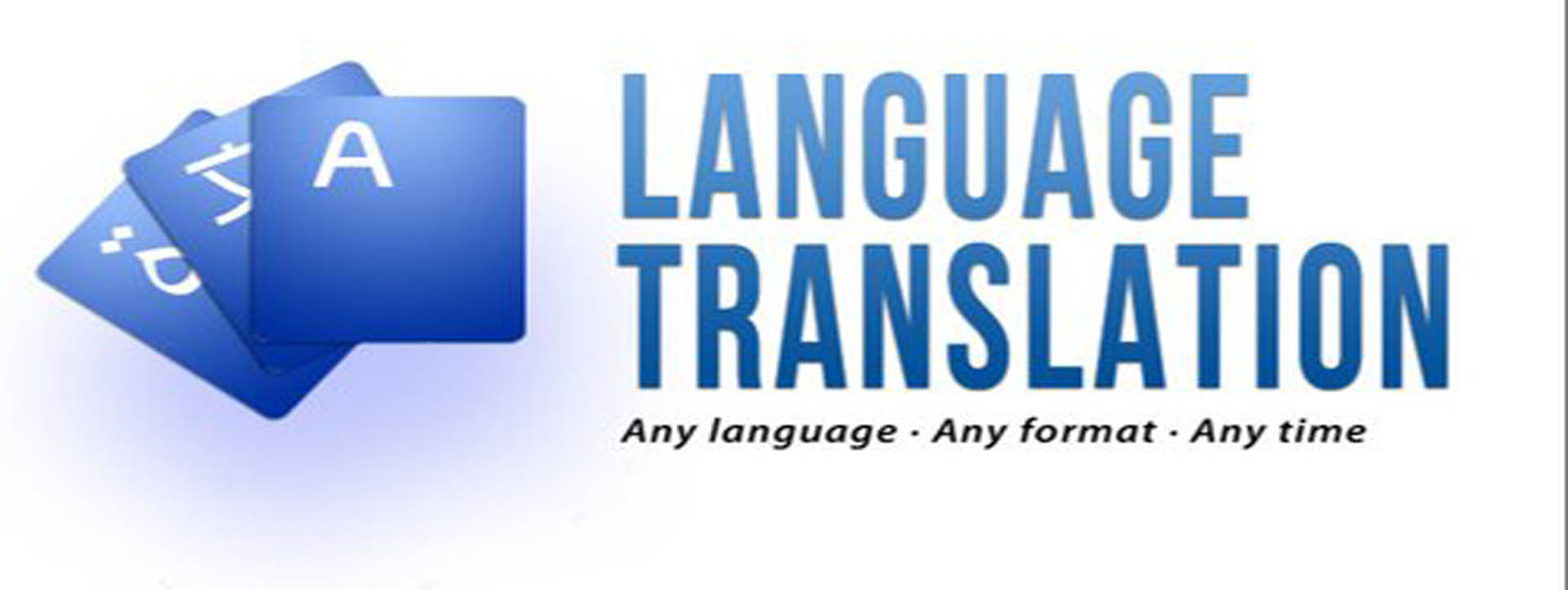Certified Translation in Malta

An official and certified translation is generally stamped and signed by an accredited translator or a translation agency. However, the definition of a certified translation and its official requirements vary from country to country. In Malta, the individual or the entity must be registered with the Ministry for Foreign and European Affairs in order to issue a certified translation.
Standard Certification & Certificate of Accuracy
A certified translation will consist of a translation attached to the original document and each page is stamped and signed by the Manager or Director who is authorised to do so on behalf of the company. By certifying the translation, the individual or the entity is declaring that the translation has been carried out by duly qualified translators and that it accurately and truly reflects the content and the meaning of the original text. In addition to the standard certification, some authorities might require a more customised certification.
Therefore, it is always best to check with the recipient of the translation to see what is needed and Euris Consult will provide you with a certification tailored to your needs. For instance, in some cases, the authorities might ask for a Certificate of Accuracy which means that the translation will be accompanied by a signed statement.
Notarised Translation
People tend to confuse a certified translation with a notarised one. As mentioned above, a certified translation is stamped and signed by a certified translator or translation agency whereas notarised translations require the involvement of a notary public. When an authority requests a notarised translation, the translation still needs to be certified by the certifying body. It is important to understand that the notary public does not confirm the accuracy of the translation, but only the translator’s identity, credentials and signature by adding their own stamp and signature next to the translator’s one.
Apostilled & Legalised Translation
An apostille does not confirm the content of the document; rather, it verifies the authenticity of the signature of the certifying body and ensures that the document will be recognised by all the countries that signed the Hague Convention of 1961. The competent authority for issuing apostilles in Malta is the Ministry for Foreign and European Affairs and therefore, translators and translation agencies must be registered with this authority in order to get their signature officially recognised.
The following countries are all members of the Hague conference: Albania, Andorra, Antigua and Barbuda, Argentina, Armenia, Australia, Austria, Azerbaijan, Bahamas, Bahrain, Barbados, Belarus, Belgium, Belize, Bolivia, Bosnia and Herzegovina, Botswana, Brazil, Brunei Darussalam, Bulgaria, Burundi, Cape Verde, Chile, China (Hong Kong), China (Macao), Colombia, Cook Islands, Costa Rica, Croatia, Cyprus, Czech Republic, Denmark, Dominica, Dominican Republic, Ecuador, El Salvador, Estonia, Fiji, Finland, France, Georgia, Germany, Greece, Grenada, Guatemala, Honduras, Hong Kong, Hungary, Iceland, India, Ireland, Israel, Italy, Jamaica, Japan, Kazakhstan, Korea, Kosovo, Republic of Kyrgyzstan, Latvia, Lesotho, Liberia, Liechtenstein, Lithuania, Luxembourg, Macao (China), Macedonia (FYR of), Malawi, Malta, Marshall Islands, Mauritius, Mexico, Monaco, Mongolia, Montenegro, Morocco, Namibia, Netherlands, New Zealand, Nicaragua, Niue, Norway, Oman, Panama, Paraguay, Peru, The Philippines, Poland, Portugal, Republic of Moldova, Romania, Russian Federation, Saint Kitts and Nevis, Saint Lucia, Saint Vincent and the Grenadines, Samoa, San Marino, Sao Tome and Principe, Serbia, Seychelles, Singapore, Slovakia, Slovenia, South Africa, Spain, Suriname, Swaziland, Sweden, Switzerland, Tajikistan, The former Yugoslav Republic of Macedonia, Tonga, Trinidad and Tobago, Tunisia, Turkey, Ukraine, United Kingdom of Great Britain and Northern Ireland (UK), Uruguay, United States of America (USA), Uzbekistan, Vanuatu and Venezuela.
All of the countries above recognise the apostille. However, if you are presenting the translation in a country that is not listed above, then you would require the embassy of that particular country to legalise the translation. In order to do so, you would still need to get the translation apostilled by the Ministry before getting it legalised at the embassy.
Here, at Euris Consult, we offer all these services so that you do not have to worry about anything else. Please email us on translations@eurisconsult.com to request a free quote if you require a certified translation in Malta.
